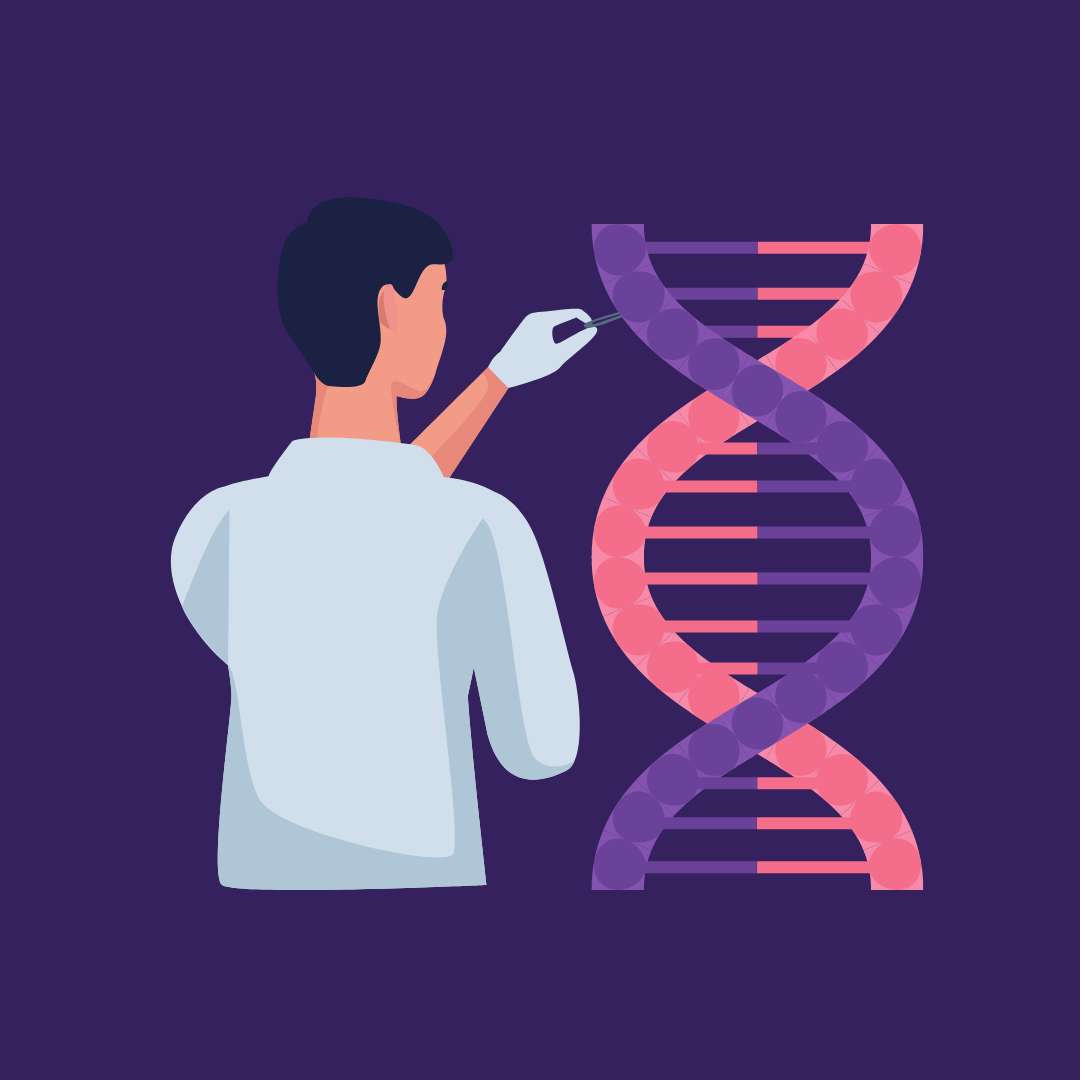Aggregated News

With danger comes some interesting prospects in the field of gene therapy and genome editing, Dr. Brett Salkeld believes.
It’s something the archdiocesan theologian for Regina will examine with a Nov. 15 presentation at Newman Theological College in Edmonton.
Salkeld’s lecture, “Promise and Peril: Gene Therapy, CRISPR and Catholic Ethics,” contemplates moral questions about these medical technologies largely not considered in worldwide discourse.
CRISPR stands for Clustered Regularly Interspaced Short Palindromic Repeats. It is a family of DNA sequences in the bacterial immune system defending against invading viruses. Over the past decade, researchers have discovered how to adapt or repurpose these structures into the CRISPR-Cas9 tool, which operates like a pair of “genetic scissors” on DNA. Once CRISPR-Cas9 cuts DNA, scientists can add or delete pieces of genetic material or replace the existing segment with a customized DNA sequence.
Ethicists fixate on whether this innovation can create “superhumans.”
“Can we artificially elevate people’s IQ, their life span, their muscle mass?” asks Salkeld. “We could then get vain and say, ‘We want blue-eyed, blond-haired kids who look this way,’ or whatever...



